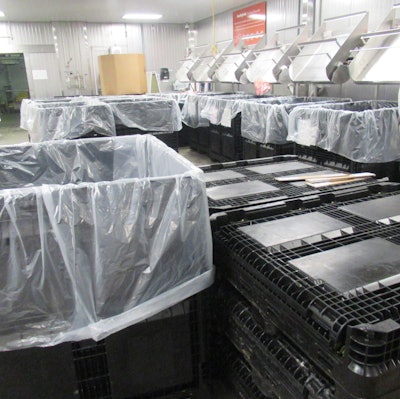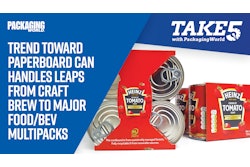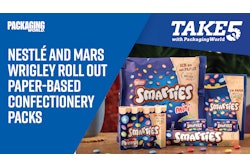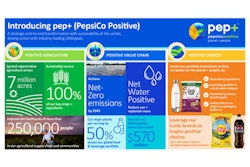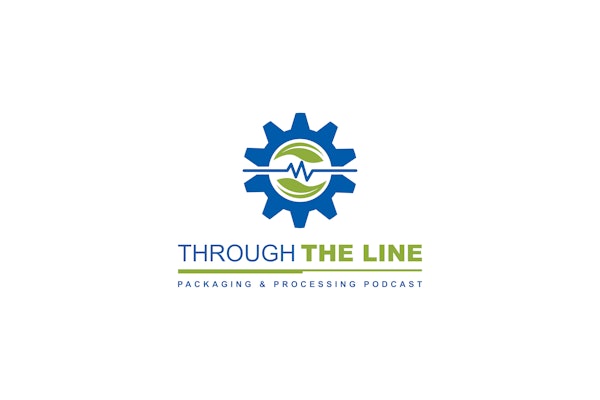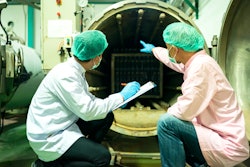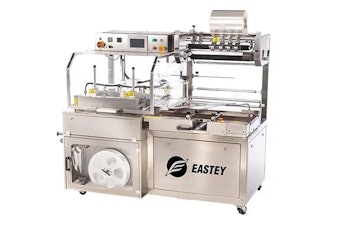Smithfield Foods’ Sioux City, Iowa, facility has made several positive impacts with its landfill reductions and recycling efforts. This winning project’s goal was to reduce cardboard usage at its source and decrease the amount of cardboard either sent to landfill or recycled.
Previously, 4×4×5-ft triple-wall cardboard boxes on pallets, known as combos, were used to hold raw products for further in-plant processing. The more than 11,000 cardboard combos used annually created 100 tons of waste. In addition, cardboard boxes were used to ship processed products to other Smithfield facilities for further processing, creating another 96 tons of waste.
“Changing these two processes to utilize reusable, folding, plastic combos and baskets greatly reduced cardboard waste,” says Smithfield Environmental Coordinator Ross Weatherford. “With reusable baskets replacing boxes, the waste is further recycled beyond the Sioux City plant.
“The cardboard reduction project also helps the plant’s goal of becoming landfill free and reduces the cardboard recycling transportation costs,” states Weatherford. In addition, it saves more than 3,300 trees per year.
The project was completed in May 2020, and payback was achieved in three-and-a half months. Projected savings over five years are expected to be more than $1 million.
This project was originally started at Smithfield’s facility in Sioux Falls, S.D. Reusable collapsible boxes were used to send product to other plants, and reusable totes were used in-house. After some research and logistical realignment, the project was implemented at the Sioux City plant for similar operations. Any Smithfield plant that ships products to another Smithfield facility can use the reusable combos and baskets rather than cardboard combos and boxes. The use of plastic totes will increase sanitation workload, because they must be cleaned before they are reused, Weatherford notes.
